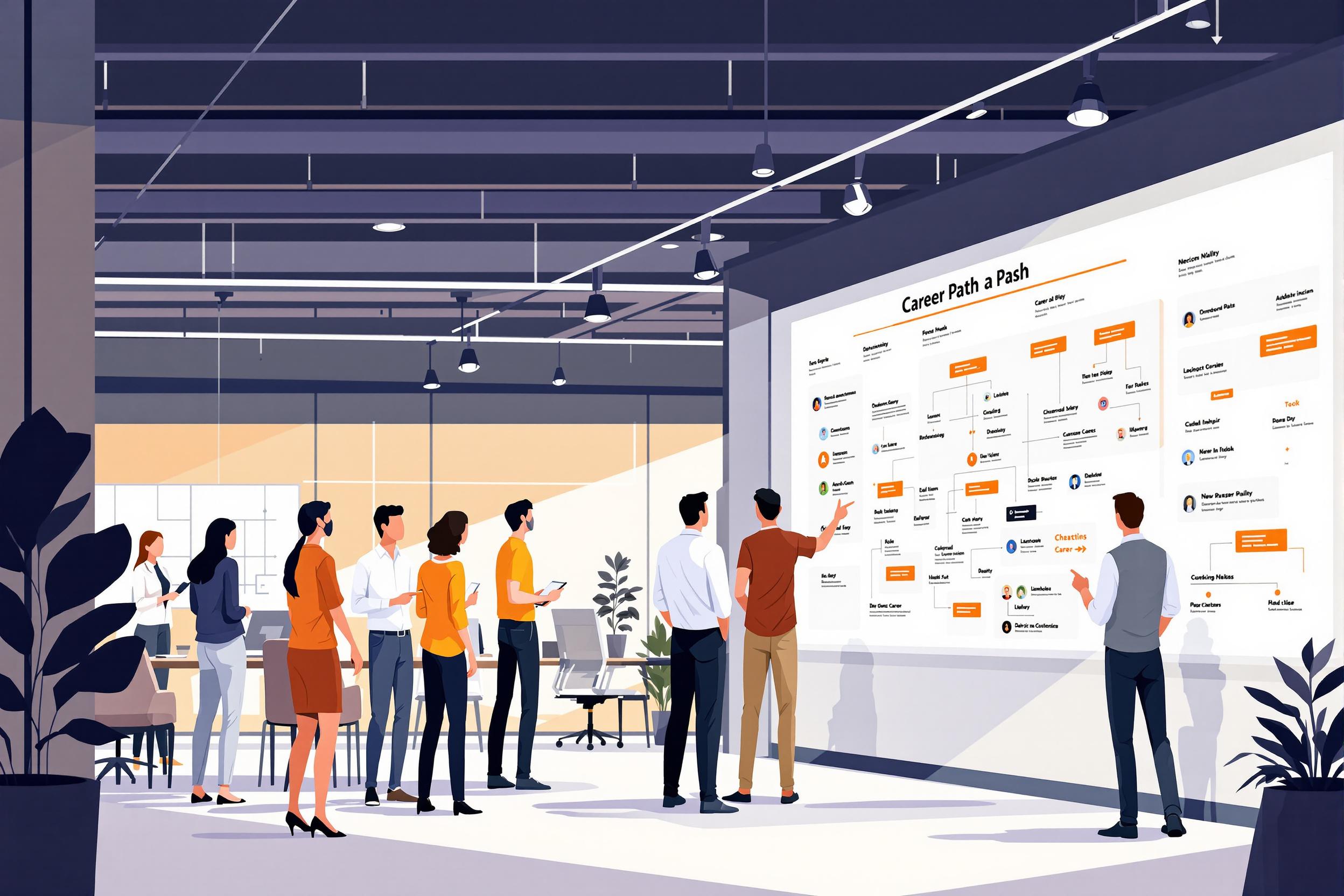
Competitive Intelligence
Competitive Intelligence is the process of understanding and tracking what other companies in your market are doing. It's like being a market detective – people in these roles gather and analyze information about competitors' products, prices, and strategies to help their company make better business decisions. This might include monitoring competitor websites, analyzing market trends, or tracking pricing changes. Companies use this information to improve their products, adjust prices, or spot new opportunities in the market. You might also see this called "Market Intelligence," "Competition Analysis," or "Strategic Intelligence."
Examples in Resumes
Led Competitive Intelligence initiatives to track and analyze 20+ marketplace competitors
Developed weekly Competition Intelligence reports that drove pricing strategy decisions
Created automated Competitive Intelligence monitoring system for tracking competitor pricing
Managed Market Intelligence projects to identify new market opportunities
Conducted Strategic Intelligence research to support expansion into new markets
Typical job title: "Competitive Intelligence Analysts"
Also try searching for:
Where to Find Competitive Intelligence Analysts
Professional Networks
Job Boards
Online Resources
Example Interview Questions
Senior Level Questions
Q: How would you develop a competitive intelligence strategy for a new market entry?
Expected Answer: A strong answer should cover creating a structured plan for gathering market data, identifying key competitors, establishing monitoring systems, and how to present findings to leadership to support decision-making.
Q: Tell me about a time when your competitive intelligence findings significantly influenced a business decision.
Expected Answer: Look for examples of how they translated raw data into actionable insights, how they communicated these to stakeholders, and the measurable business impact of their recommendations.
Mid Level Questions
Q: What tools and methods do you use to gather competitive intelligence?
Expected Answer: Should mention various data collection methods like web monitoring, market reports, customer feedback, and tools for tracking competitor pricing and products, while emphasizing ethical gathering practices.
Q: How do you validate and verify competitive intelligence information?
Expected Answer: Should discuss cross-referencing multiple sources, distinguishing between facts and assumptions, and maintaining data quality in their analysis.
Junior Level Questions
Q: What are the basic components of a competitive analysis report?
Expected Answer: Should mention competitor profiles, product comparisons, pricing analysis, and market trends, showing they understand how to organize and present basic competitive information.
Q: How do you stay current with market trends and competitor activities?
Expected Answer: Should discuss using news alerts, industry newsletters, social media monitoring, and other basic tools for tracking market changes.
Experience Level Indicators
Junior (0-2 years)
- Basic data collection and research
- Report writing and presentation
- Use of common CI tools
- Market monitoring and tracking
Mid (2-5 years)
- Advanced data analysis
- Project management
- Stakeholder communication
- Competitive strategy development
Senior (5+ years)
- Strategic planning and leadership
- Advanced market analysis
- Team management
- Executive presentation skills
Red Flags to Watch For
- No experience with data analysis or research methods
- Poor understanding of business metrics and market dynamics
- Lack of attention to detail in analysis
- Unable to communicate findings clearly
- No knowledge of ethical guidelines in competitive research
Need more hiring wisdom? Check these out...

Unlocking the Competitive Edge: Benchmarking Your Talent Acquisition Metrics

When Hiring from Competitors: Goldmine or Landmine?

Global Compliance Checks: The Hidden Puzzle Pieces of Background Screening Revealed

